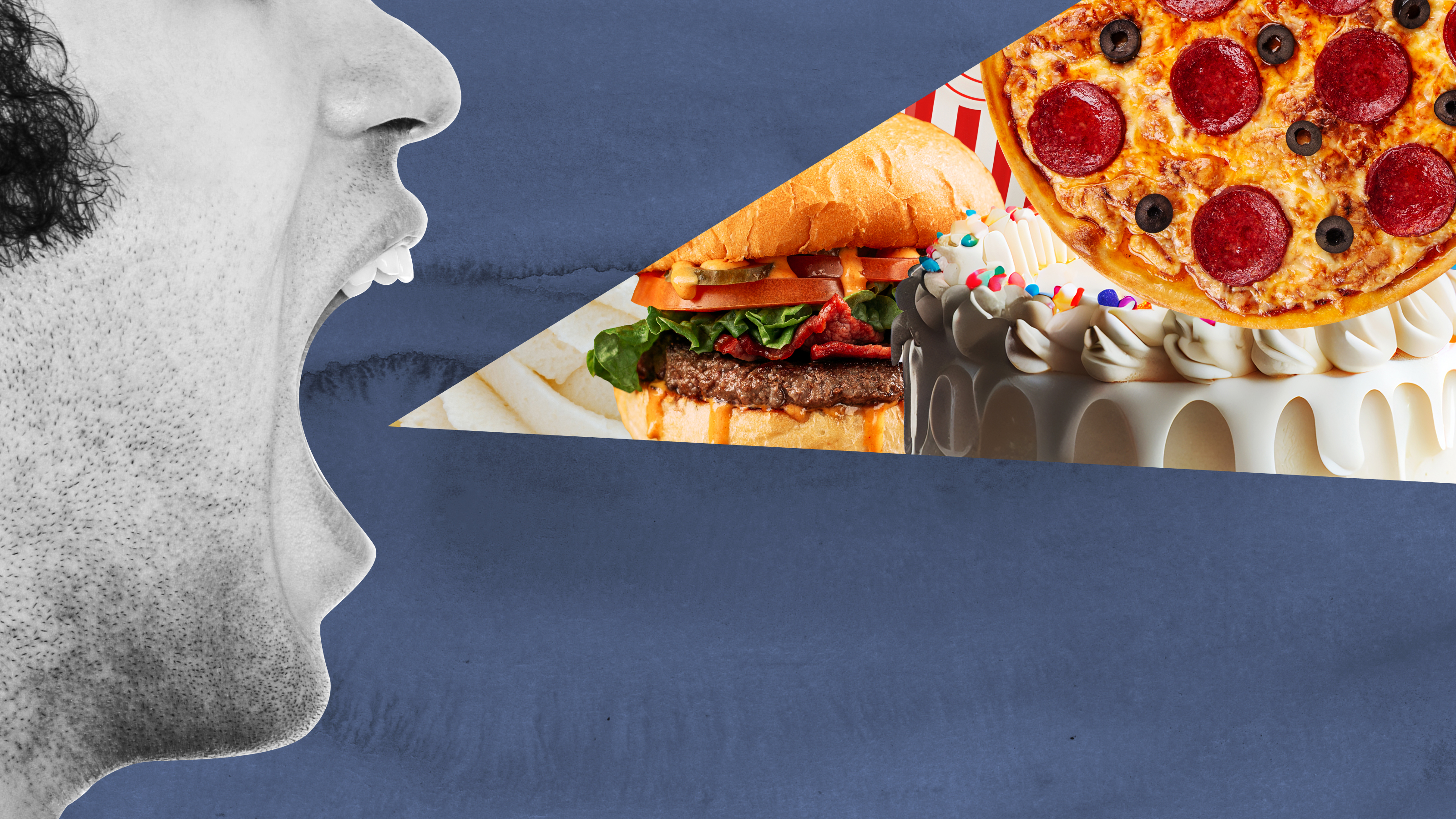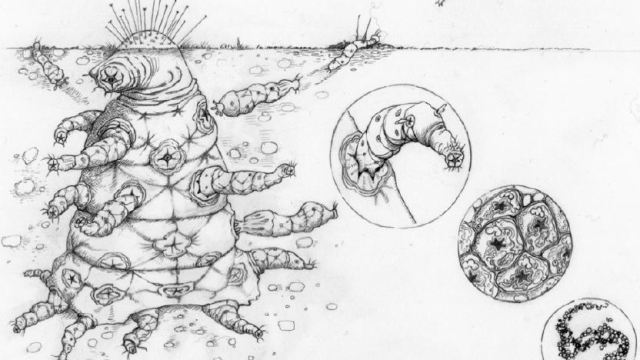How Eating on the Go Tricks Your Memory and Expands Your Waistline

In 2006 Taco Bell launched its “fourth meal” campaign, which immediately drew a backlash. At a time when the perpetual concept of super sizing was being taken to task, the notion of wolfing down terrible faux-Mexican food after midnight did not get the positive public relations spin the company hoped for. Not that Taco Bell has changed course, however. Blue raspberry Airheads slurpees and the Doritos taco line remain on the menu, even if the fourth meal website now defaults to its regular home page.
Fast foods are meals for many Americans. We do everything possible to avoid cooking our food from raw ingredients, getting our hands dirty and attentional skills sharpened. So we outsource our meals. In the US the processed food industry is worth a staggering $1.46 trillion, with 45 percent of it, $657 billion, being gross profits. Three squares a day might be lauded folk wisdom, but processed food companies also rely heavily on snacking. What could those extra hundred calories really do?
A lot, writes University of Surrey health psychology professor Jane Ogden, mostly because we’re likely to consume more calories chomping on a snack than when eating a meal. Words matter. Those 100 calories quickly turn into 500.
Ogden and her team conducted a study, which will be published in the journal, Appetite, to find out just how much reframing our food intake as either a ‘meal’ or ‘snack’ really makes. Eighty women were given a bowl of pasta. One group was told they were eating a snack. They were given a fork and stood over a counter. The other group was given the same pasta, only it was a meal. They got to sit down and unfold a napkin onto their lap.
After carb-loading on noodles, the two groups were given the option to taste test different foods, such as M&M’s and a few snacks whose names make me love the Brits even more: animal biscuits, mini cheddars, and hula hoops. It was an Englishman, recall, who first deep-fried a Twinkie (even if he lived in Brooklyn at the time).
The results of Ogden’s experiment were clear:
Label and presentation influence subsequent food intake both independently and combined which is pertinent given the increase in ‘snacking’ in contemporary culture.
The snacking women consumed 50 percent more total mass and sweet mass than the meal eaters. Interestingly, they ate 100 percent more M&M’s, showing an especially snack-y penchant for chocolate. Ogden blames the fast pace of society for this bad habit:
With our lives getting busier increasing numbers of people are eating on the go and consuming foods that are labelled as ‘snacks’ to sustain them. What we have found is that those who are consuming snacks are more likely to over eat as they may not realize or even remember what they have eaten.
Attention might just be the culprit. We tend to remember sitting down to a meal and sharing it with friends and family. If we’re cooking at home we have control over the amount and ingredients. A snack is a different occasion, however, one we often eat while focused on other tasks. We don’t notice the calories ticking upwards. As the team writes in the study:
Primarily it may be that eating as a ‘snack’ reflects the role of distraction and that when snacking, more attentional capacity is taken away from the process of eating and drawn towards other activities. Second, the results may illustrate the role of memory and it could be argued that memories for snacks and meals are encoded differently. In particular, if when eating a snack, the individual is more distracted by other activities they may also generate a less vivid memory of what they are eating affecting subsequent intake.
Her advice is to call a meal what it is: a meal. Snacking is a pastime, something pleasing and frivolous from a caloric perspective, or so we think. Ogden’s research shows the opposite. If we’re eating three meals and consuming even more calories during those innocent in-between hours, well, hello obesity epidemic. Add to this the nutritional profile of most snacks and the case is clear: snacking isn’t helping our waistline, attention, or lives.
—
Derek is the author of Whole Motion: Training Your Brain and Body For Optimal Health. Based in Los Angeles, he is working on a new book about spiritual consumerism. Stay in touch on Facebook and Twitter.




